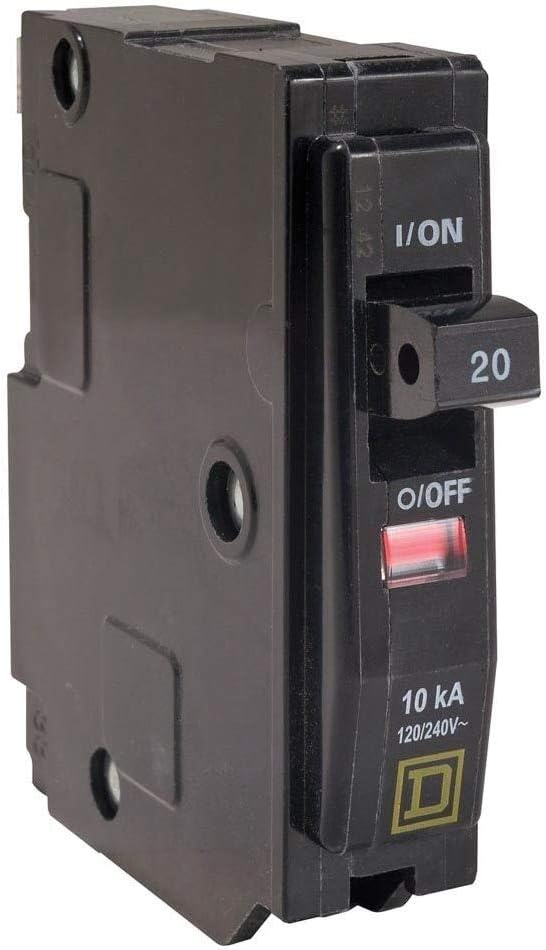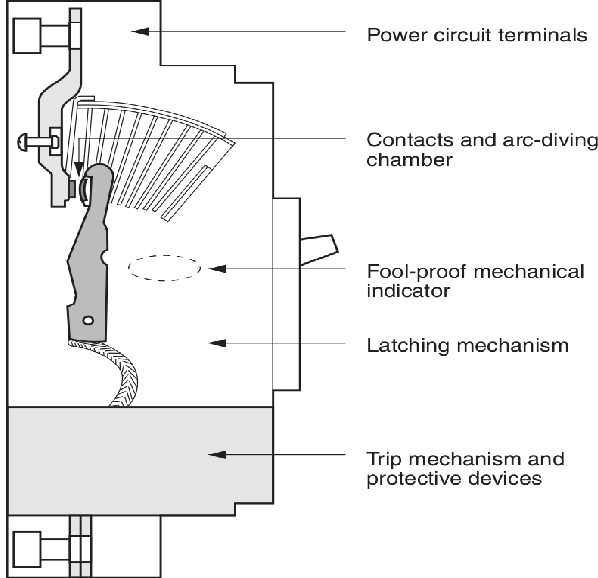
Do You Know How Circuit Breakers Work? Learn the Basics and Why They’re Crucial for Your Home’s Safety.
Understanding the role and function of circuit breakers in your home is essential for maintaining electrical safety. Circuit breakers are a vital component of any electrical system, protecting your home from electrical overloads and potential hazards. This article will explore the basics of how circuit breakers work and why they are crucial for your home’s safety.
What is a Circuit Breaker?
A circuit breaker is an automatic electrical switch designed to protect electrical circuits from damage caused by overcurrent or short circuits. Its primary function is to interrupt the flow of electricity when a fault is detected. Unlike a fuse, which needs to be replaced after it has operated, a circuit breaker can be reset to resume normal operation.
How Does a Circuit Breaker Work?
Circuit breakers operate based on two main principles: thermal and magnetic.
Thermal Mechanism:
Inside the circuit breaker is a bimetallic strip of two different metals bonded together. When the current passing through the breaker exceeds its rated capacity, the strip heats up and bends due to the different metals’ expansion rates. This bending action triggers the breaker to trip, opening the circuit and stopping the flow of electricity.
Magnetic Mechanism:
For sudden surges of high current, such as those caused by a short circuit, a magnetic mechanism comes into play. A solenoid within the breaker generates a magnetic field proportional to the current flowing through it. When the current exceeds a predetermined threshold, the magnetic field strength is sufficient to pull a lever or plunger, causing the breaker to trip and break the circuit.
Why Are Circuit Breakers Crucial for Your Home’s Safety?
Prevent Electrical Fires:
One of the primary functions of a circuit breaker is to prevent electrical fires. By interrupting the flow of electricity in the event of an overload or short circuit, circuit breakers stop excessive current that can generate heat and potentially ignite flammable materials.
Protect Appliances and Devices:
Electrical surges and overloads can damage your household appliances and electronic devices. Circuit breakers help protect these valuable items by cutting off the power supply before the excess current can cause harm.
Ensure Personal Safety:
Electrical faults can pose serious risks, including electric shock and burns. Circuit breakers minimize these risks by swiftly disconnecting faulty circuits, ensuring that you and your family remain safe from electrical hazards.
Compliance with Electrical Codes
Modern electrical codes require the installation of circuit breakers in homes to ensure a basic level of safety. Moreover, having a properly functioning circuit breaker system is not only a legal requirement but also a smart investment in your home’s overall safety.
Maintenance and Testing
To ensure your circuit breakers function correctly, regular maintenance and testing are essential. Furthermore, This includes periodically checking for signs of wear or damage, ensuring connections are tight, and occasionally testing breakers by manually tripping and resetting them.
Do You Know How Circuit Breakers Work?-Conclusion
Circuit breakers are indispensable components of your home’s electrical system, protecting against overloads, short circuits, and electrical fires. In addition, understanding how they work and their importance can help you appreciate the role they play in keeping your home safe. Above all, by staying informed and vigilant about your electrical system’s health, you can ensure a safe and reliable power supply for your home. If you have any questions or need professional assistance, don’t hesitate to contact us at Upgrade Electric.
